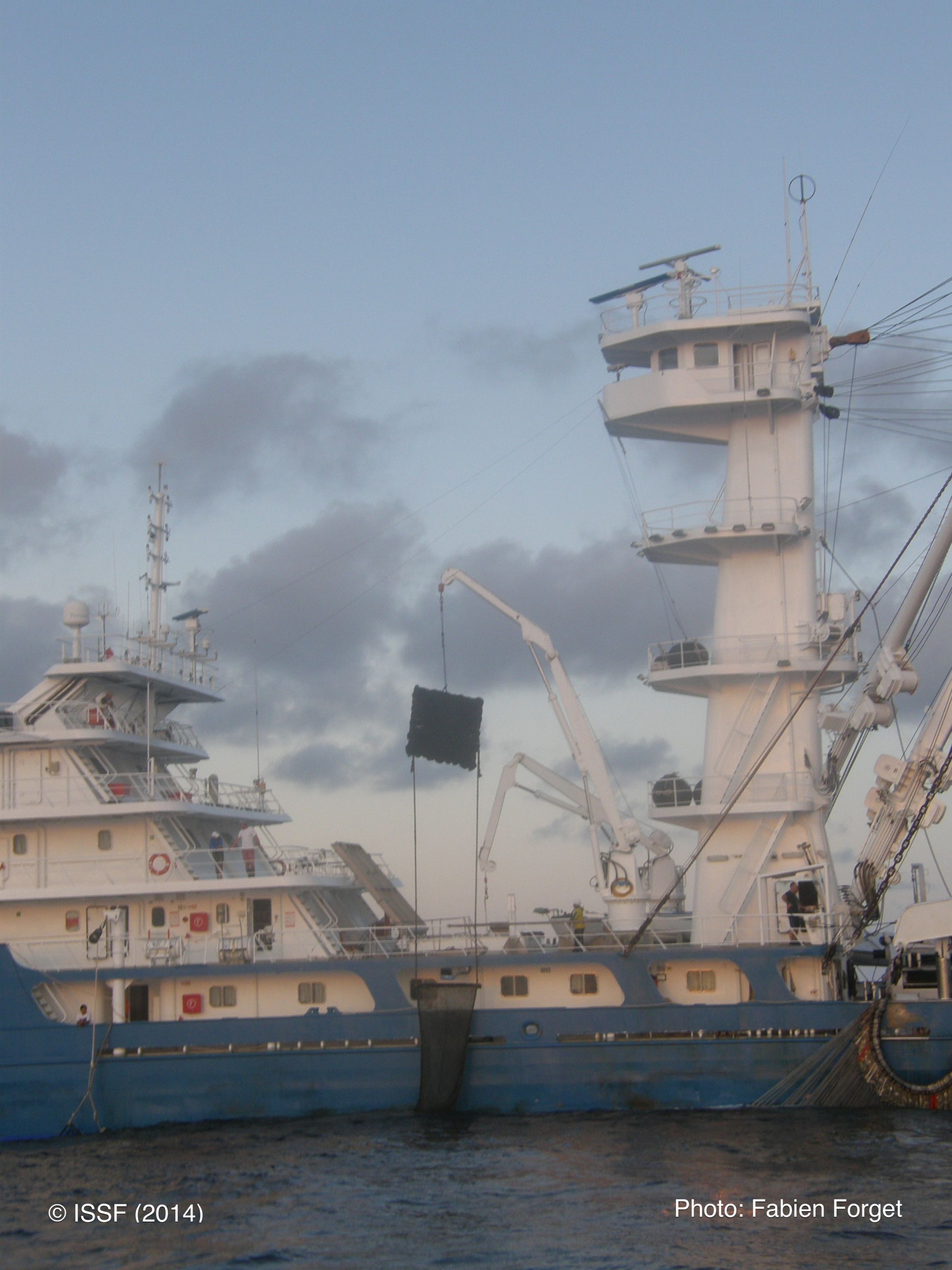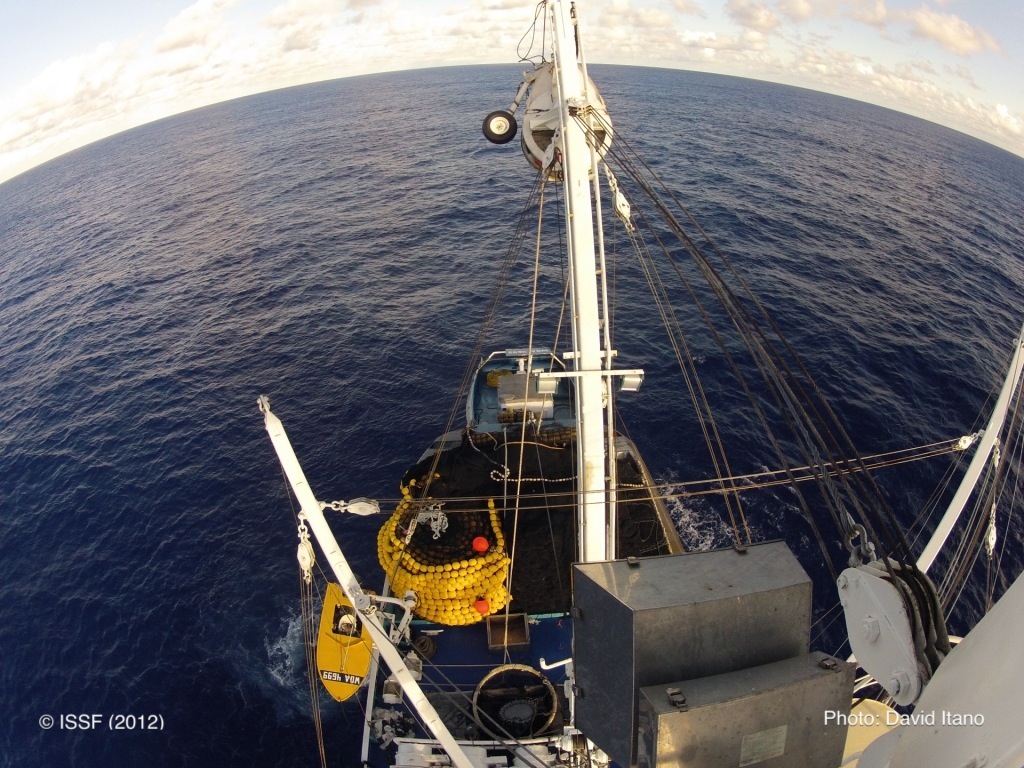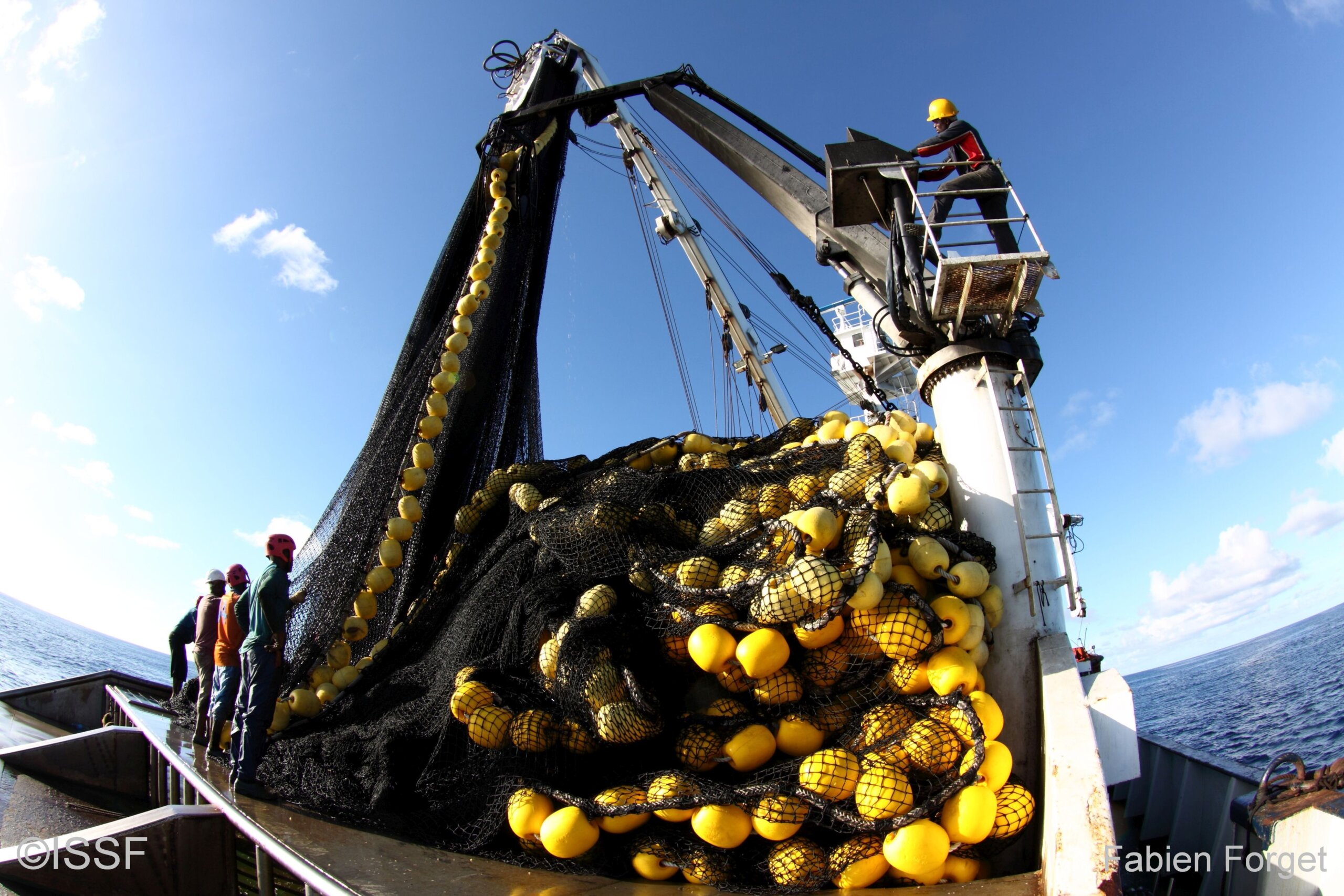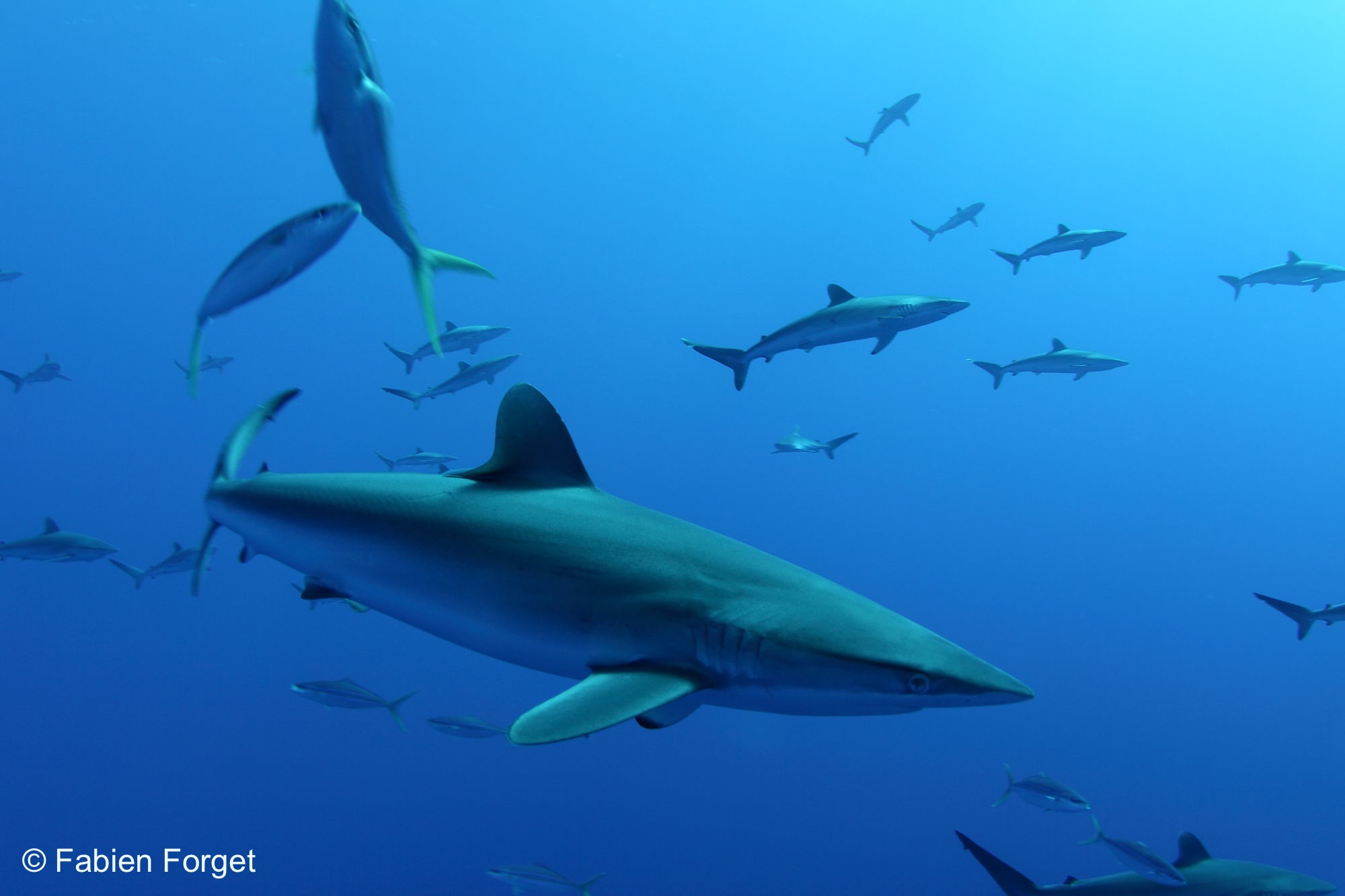
ISSF: WCPFC Has an Opportunity to Adopt New Bigeye, Yellowfin and Skipjack Tuna Conservation Measures for Western and Central Pacific Fisheries
The International Seafood Sustainability Foundation (ISSF) has published its position statement in advance of the Western and Central Pacific Fisheries Commission’s (WCPFC) annual meeting from November 29 to December 7, 2021, which will take place virtually. ISSF is advocating for continued strong protections for bigeye, skipjack and yellowfin tuna stocks; upgraded requirements related to the management and use of fish aggregating devices (FADs); accelerated development of harvest strategies; and more.
“The current tuna conservation measure that protects tropical tuna stocks in the region expires in February 2022, and we agree with the WCPFC Scientific Committee that these protections must remain in place to ensure that fishing mortality does not increase,” said ISSF President Susan Jackson. “These protections are necessary until the Commission adopts comprehensive harvest strategies, including appropriate target reference points. The WCPFC’s annual meeting must adopt a new and robust tuna conservation measure to prevent the possibility of overexploitation while harvest strategies are put in place.”
Read about our top #sustainable #fishing priorities for the #WCPFC annual meeting next week. Share on XISSF Top Priorities for WCPFC
- Adopt an enforceable tropical tuna conservation measure for all fleets that limits fishing mortality for bigeye, yellowfin and skipjack while removing ambiguities and exemptions.
- Adopt a work plan for FADs with a timeframe to transition to FADs without nets and made primarily with biodegradable materials; develop recovery policies, a marking scheme and ownership rules; and require submission of FAD position and acoustic data.
- To meet the June 2023 Marine Stewardship Council (MSC) deadline for harvest strategy conditions, adopt target reference points for bigeye and yellowfin; create a list of candidate management procedures for skipjack & albacore; and establish a scientist/manager dialogue group.
- Adopt a conservation measure for an electronic monitoring program and minimum standards for the use of electronic monitoring in WCPFC fisheries.
- Accelerate the remaining work to reform the at-sea transshipment conservation measure and the compliance monitoring scheme.
Jackson added, “Additionally, WCPFC must act and adopt a work plan for transitioning to FADs without nets and made primarily with biodegradable materials; make progress on electronic monitoring, as the pandemic has severely impacted observer coverage; and implement stronger rules for at-sea transshipment to guard against illegal fishing among the growing number of high seas transshipment events in the region.”
Read the full WCPFC Position Statement on the new ISSF website.
ISSF Global Priorities for Tuna RFMOs
ISSF is committed to advocating for science-based approaches, policies and conservation measures to advance tuna fisheries sustainability. Here are ISSF’s Global Priorities for four Tuna RFMOs — the Indian Ocean Tuna Commission (IOTC), the Inter-American Tropical Tuna Commission (IATTC), the International Commission for the Conservation of Atlantic Tunas (ICCAT) and the Western and Central Pacific Fisheries Commission (WCPFC):
- Implementation of rigorous management procedures, including harvest control rules and reference points
- Effective management of fleet capacity, including developing mechanisms that support developing coastal state engagement in the fishery
- Science-based FAD management & non-entangling and biodegradable FAD designs
- Increased member compliance with all adopted measures, and greater transparency of processes reviewing member compliance with measures
- Strengthened monitoring, control, and surveillance (MCS) measures and increased observer coverage, including through modern technologies such as electronic monitoring and e-reporting
- Adoption of best-practice bycatch mitigation and shark conservation and management measures


